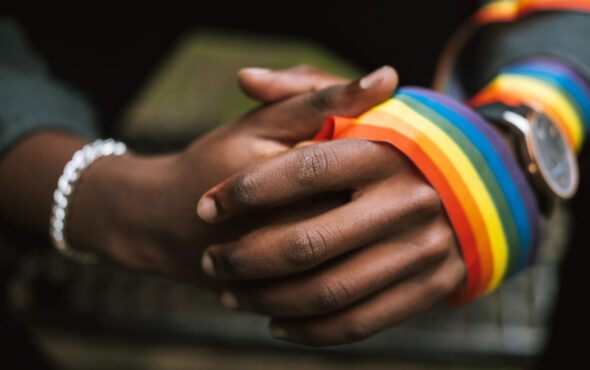
Almost 9 in 10 LGBTQ+ sexual violence victims did not report the incident to police, a ground-breaking study from Galop has found.
Content warning: This story includes topics that could make some readers uncomfortable.
More than half (51%) feared they would not be taken seriously if they did come forward, with 25% being worried that the police would discriminate against them because of their LGBTQ+ identity.
Almost 6 in 10 (56%) did not report what happened because they thought the police would not be able to do anything.
Of the 1,000 LGBTQ+ people interviewed by anti-abuse charity Galop as part of the survey, 12% said they did report their experience to the police.
However, 45% were either unsatisfied or very unsatisfied with the response they received.
“The police said that they found it normal that this had happened since I’m gay and that was part of our community,” one victim told Galop.
Another added: “The police switched off emotionally when they heard what happened and my sexuality and were disinterested. They were unhelpful and judgemental, they didn’t care at all.”
Today, on #IDAHOBIT we launch our report into LGBT+ sexual violence victims' experiences of the criminal justice system and support services ⬇️https://t.co/BEyOKOim0H pic.twitter.com/xoe0IZ9J8I
— Galop (@GalopUK) May 17, 2022
Of the 119 people who had made a police report, only three said their perpetrator was convicted.
“I knew from the start that it was really unlikely to go to court but I thought at least if the police interviews this person, that will frighten them but the police didn’t even interview them […] I was like wow, I’ve been through all this for absolutely nothing,” one said. “It was just awful.”
Many respondents faced issues with staff not understanding their LGBTQ+ identity and the way this impacted their ordeal.
Galop is now calling for police and other statutory services to better educate themselves on LGBTQ+ identities and experiences in order to provide further support for sexual assault survivors.
📢 New report alert! 📢
Our latest research found that only 12% of the 1,000 LGBT+ sexual violence victims we spoke to had reported to the police.
Read the full report and our recommendations here 👇https://t.co/BEyOKOim0H pic.twitter.com/bVuheNZFsW
— Galop (@GalopUK) May 17, 2022
“As a community which has had to reclaim our pride over the decades, it must be acknowledged how many of us feel shamed for being victims of sexual assault, and how much that is often reinforced by the attitudes of the police and other services we turn to for help,” said Leni Morris, the charity’s CEO.
“This report shows what we have known throughout our many years of working with LGBT+ survivors of sexual violence – that the vast majority of us do not feel able to come forward to seek help and support. We fear anti-LGBT+ prejudice. We do not think we can be helped. We don’t know that what we have experienced is even a crime. And so we are invisible in the data and often in the conversation around sexual violence as a whole.
“There is much work to be done to improve the experiences of sexual violence survivors in this country, and it is vital that LGBT+ people are given the same level of support as everyone else. We must provide specialist LGBT+ services nationally, which understand our identities and experiences, and where survivors are supported in ways that feel right for them. Police and other services must be trained to not only understand LGBT+ identities, but to treat LGBT+ survivors with respect and care.
“LGBT+ survivors of sexual violence are being let down in this country and this must change.”
To learn more about Galop and the study, click here.



